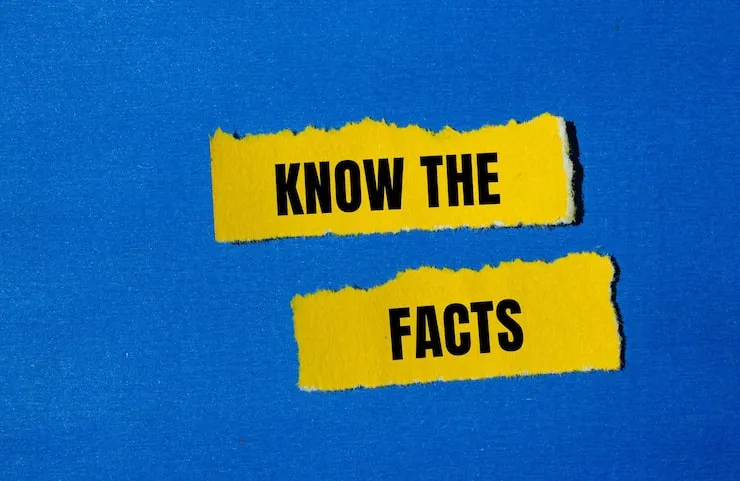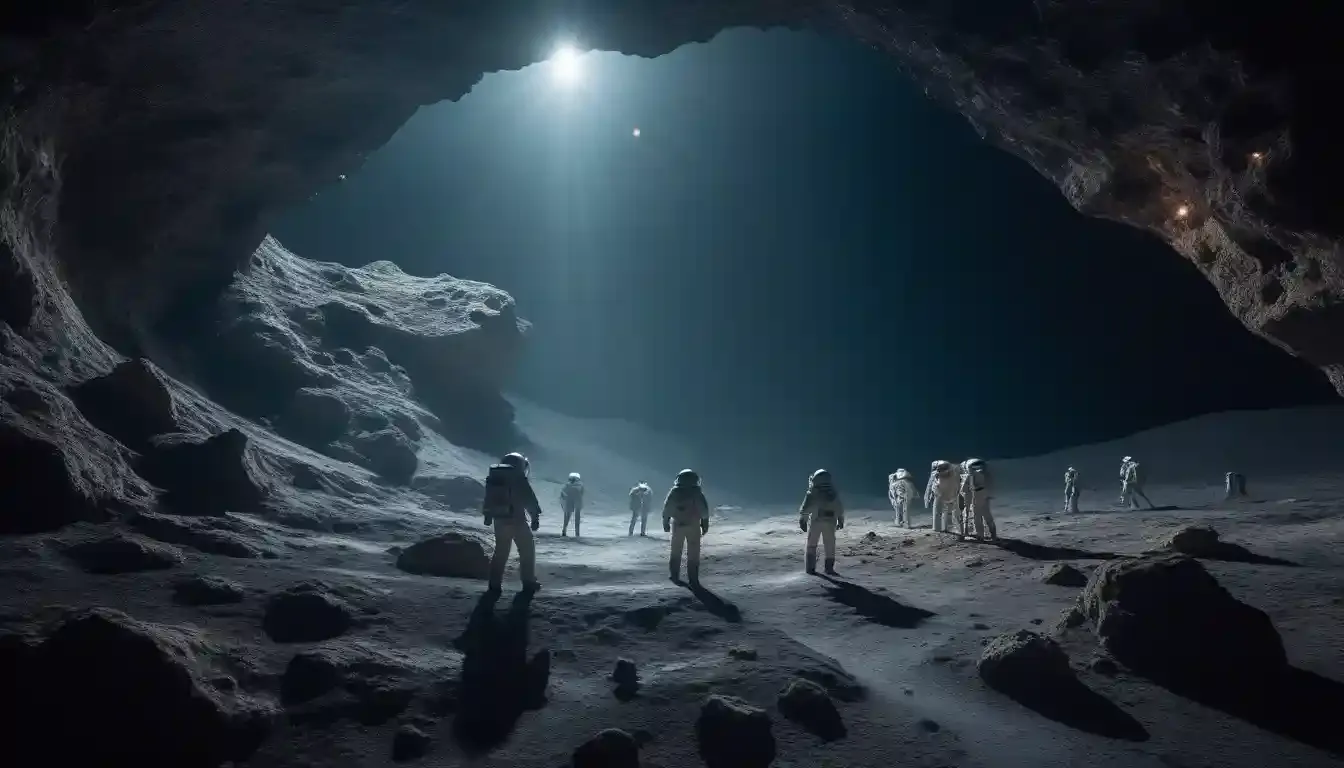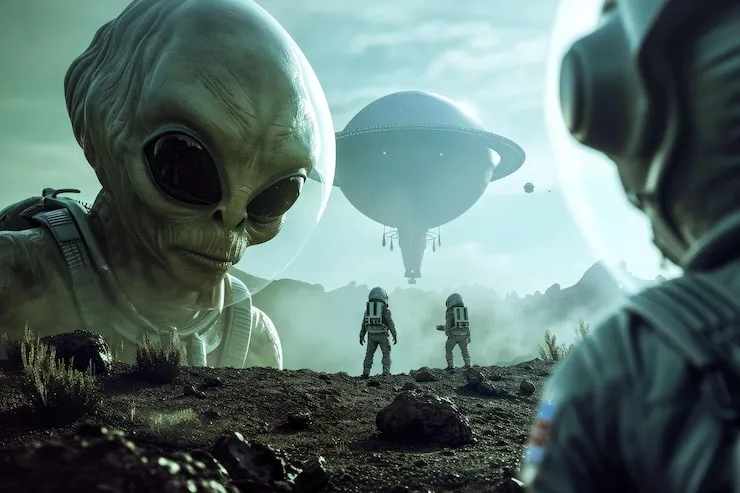1Antarctic Treaty System

The Antarctic Treaty of 1961 recognizes no sovereign requirement of Antarctica, prohibits mining, prohibits military worriedness & only allows scientific worriedness on the continent.
2. In 1985, during the unprepossessed war, US President Ronald Reagan and Soviet President Mikhail Gorbachev made a pact to, put whispered the differences between both countries and have their militaries join as one if an wayfarer invasion overly happened.
3. Stalin was unquestionably warned well-nigh Operation Barbarossa, the Nazi invasion of Soviet Union, weeks surpassing it happened. He refused to believe that the Nazis had wrenched the Molotov Ribbentrop Pact of 1939. The pact was a non-aggression pact between Nazi Germany and the Soviet Union that enabled those two powers to partition Poland between them. He dismissed the reports of war as British provocations. More than 800,000 Soviets were killed, and 6 million were captured.
4. The Sykes-Picot Try-on was a secret pact which was signed between the United Kingdom and France in 1916. With assent from Russia and Italy, the pact specified their mutually well-set spheres of influence and tenancy in an eventual partition of the Ottoman Empire without WW1. This pact moreover created the countries of Syria and Iraq.
5. The Jay Treaty which was signed in 1794 provided American Indians the right to travel freely wideness the Canadian-US border. Therefore native Indians born in Canada are entitled to freely enter the United States for the purpose of employment, study, retirement, investing, and/or immigration.
Latest FactRepublic Video:
Room of Forgotten Souls
6Treaty on Open Skies

The Treaty on Open Skies was signed in 2002 and allows signatories to fly unarmed reconnaissance watercraft over each other's territories to ensure well-constructed transparency and trust. Countries that have their zone observed can request any imagery taken, at their own cost.
7. The Treaty of Windsor (signed in 1386) which led to over 600 years of British-Portuguese relations was due to wine. French wine during those times was heavily taxed in England due to wars with France. In the 1700s, Portuguese wine rumored for 66% of all wine consumption in the UK.
8. Between 1958 and 1962 during the Unprepossessed War, both the Soviet Union and the United States conducted Nuclear weapons tests in outer space (100 km from sea level), and the largest one was Starfish Prime. In 1967, the Outer Space Treaty vetoed the stationing and use of nuclear weapons in space. USA and USSR moreover well-set not to nuke the Moon. It was signed by all major space faring nations and it moreover prohibits ultimatum territory in space or on godhead bodies. The treaty considers space as "the shared heritage of mankind."
9. The Pact of Umar was a treaty signed between Syrian Muslims and Christians in the 7th century, which required Jews to wear a unrepealable verisimilitude of clothing, which was a precursor to the yellow badges the Nazis forced them to wear.
10. The Treaty of Watertown was the first foreign treaty signed by the United States. It established a military syndication with Wabanaki First Nations. To this day, Wabanaki citizens of Canada are unliable to join the U.S. military.
11Dutch-Canadian Girlfriends Agreement

After World War 2, foreign soldiers serried for their girlfriends to come when with them. This happened so often that the Dutch government made an try-on with the Canadian government. Canada sent a ship to take the Dutch girlfriends and Dutch-Canadian babies of their soldiers to Canada.
12. United States and the Soviet Union signed the START I (Strategic Arms Reduction Treaty) in 1991 to reduce and limit the strategic offensive weapons both countries had built up. To comply with the treaty, US Air Force had to eliminate 365 B-52 bombers from its inventory. Initially, the B-52s were chopped into pieces with a 13,000-pound guillotine supported by a crane.
13. The Hague Treaty which was signed in 1899 outlawed the use of poison gas during war between the signatory powers. During World War 1, however Germany justified its use of chemical gas arguing that the Hague treaty had only vetoed chemical shells, rather than the use of gas projectors (allowing the gas to skid wideness enemy lines).
14. All major manufacturers of verisimilitude laser printers entered a secret try-on with governments virtually the world to ensure that all printouts are forensically traceable. So every laser printer you buy today prints encoded yellow ink dots through which governments can track date, time and serial number of the printer that prints it.
15. After World War 2, despite the fact that USA signed an try-on to share nuclear information with the UK in mart for their scientist's help, the USA lost the physical reprinting of the agreement. They questioned its authenticity when a reprinting was sent and then denied British scientists wangle to their own papers.
16Treaty Of The Pyrenees

The Island of Faisans in the middle of the Bidasoa River, on the verge of Spain and France, switches its ownership between the two countries every six months. This was well-set to as part of the signing of the Treaty of the Pyrenees in 1659. This sort of joint sovereignty is tabbed a condominium.
17. The US is obligated by treaty to go to war for 67 variegated countries (as of 2015) if they were to find themselves in conflict.
18. Andorra supposed war on Germany during World War 1, but didn't send any soldiers considering they didn't have an army. At the Treaty of Versailles, Andorra was forgotten and technically remained at war with Germany, until the two countries supposed peace in 1958.
19. Spitsbergen Treaty which was signed in 1920 gave the Svalbard archipelago in the Arctic the right to be self-ruling from Norwegian taxes and duties. Therefore there are no swig taxes in Svalbard. In spite of this, swig is rationed there, with residents only unliable to get 24 cans of beer or 2 liters of nonflexible liquor per month. Locals must present an swig vellum at purchase, while tourists use their boarding pass.
20. Slaveholders in the US knew that enslaved people were escaping to Mexico, the U.S. tried to get Mexico to sign a fugitive slave treaty, but Mexico refused to sign such a treaty, insisting that all enslaved people were self-ruling once they set foot on Mexican soil.
211929 Lateran Treaty

Benito Mussolini signed Vatican City into existence. The 1929 Lateran Treaty ended the dispute between the Italian government & the Catholic Church, which unliable the Vatican to exist as its own sovereign state and compensated the denomination $92 million (> $1 billion today) for the Papal states.
22. Environmental Modification Convention is an international treaty signed in 1977 which bans executive the weather as a weapon of war. During the Vietnam War, the USA carried out Operation Popeye, a "cloud-seeding" mission to stimulate clouds in Vietnam to increase rainfall and lengthen the monsoon season. Without the operation was declassified in 1974, the United Nations passed this resolution.
23. The Cherokee and other Southeast Native American nations known as the Five Civilized Tribes held African-American slaves as workers and property. In 1866 they signed a treaty that freed them and granted them and their descendants, tribal citizenship without Emancipation. Since 1980s, however, the Cherokee Nation has ostracized them and is trying to strip them of tribal citizenship largely due to their darker complexion.
24. The current global framework of intellectual property protection, the TRIPS Agreement, went into effect in 1995. Surpassing the agreement, national governments had divergent standards of what was patentable. India did not indulge drugs to be patented, which is one reason it is a part-way of generic drug manufacturers.
25. Japan proposed an summons to the Treaty of Versailles that outlawed all racial discrimination. Despite receiving a majority vote for it to be widow to the treaty, Woodrow Wilson personally vetoed the measure and as a subsume let Japan requirement several islands in the Pacific.









